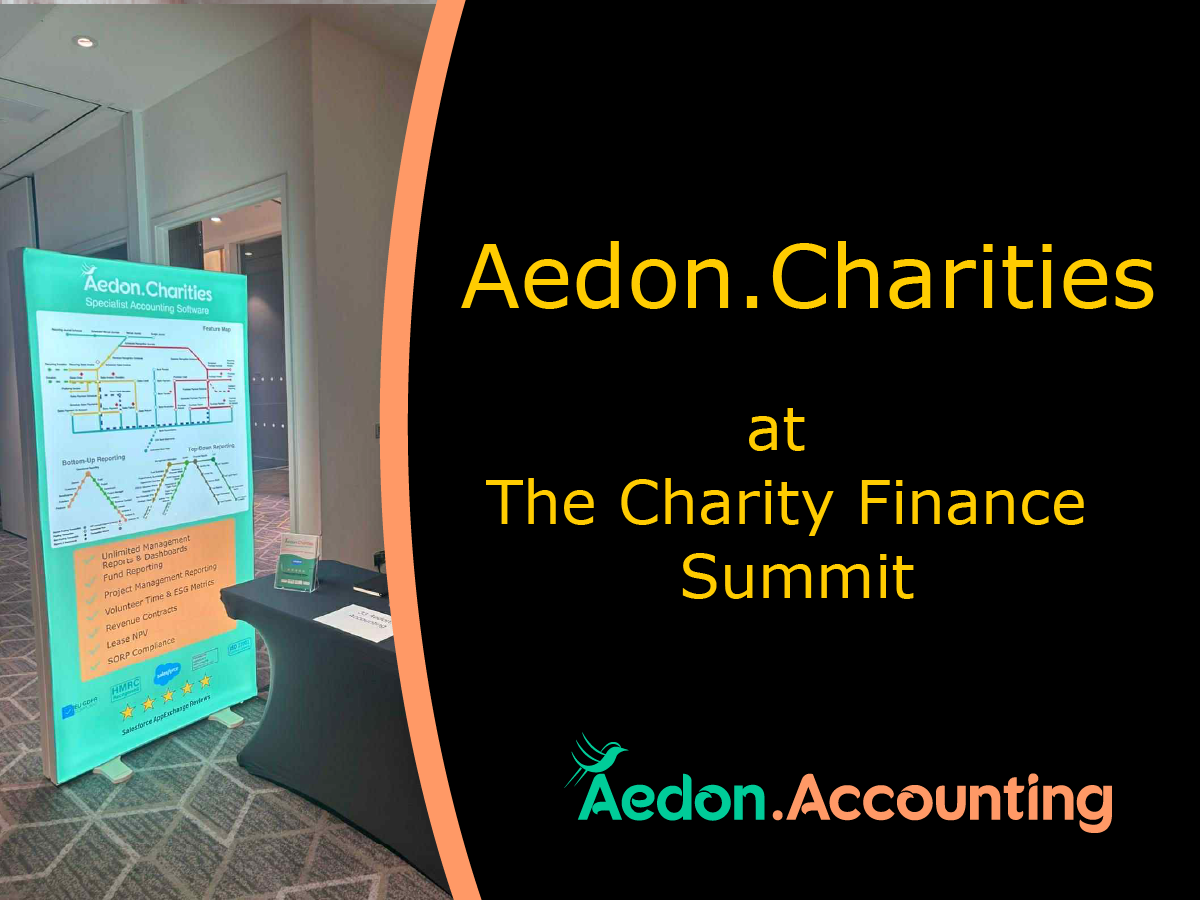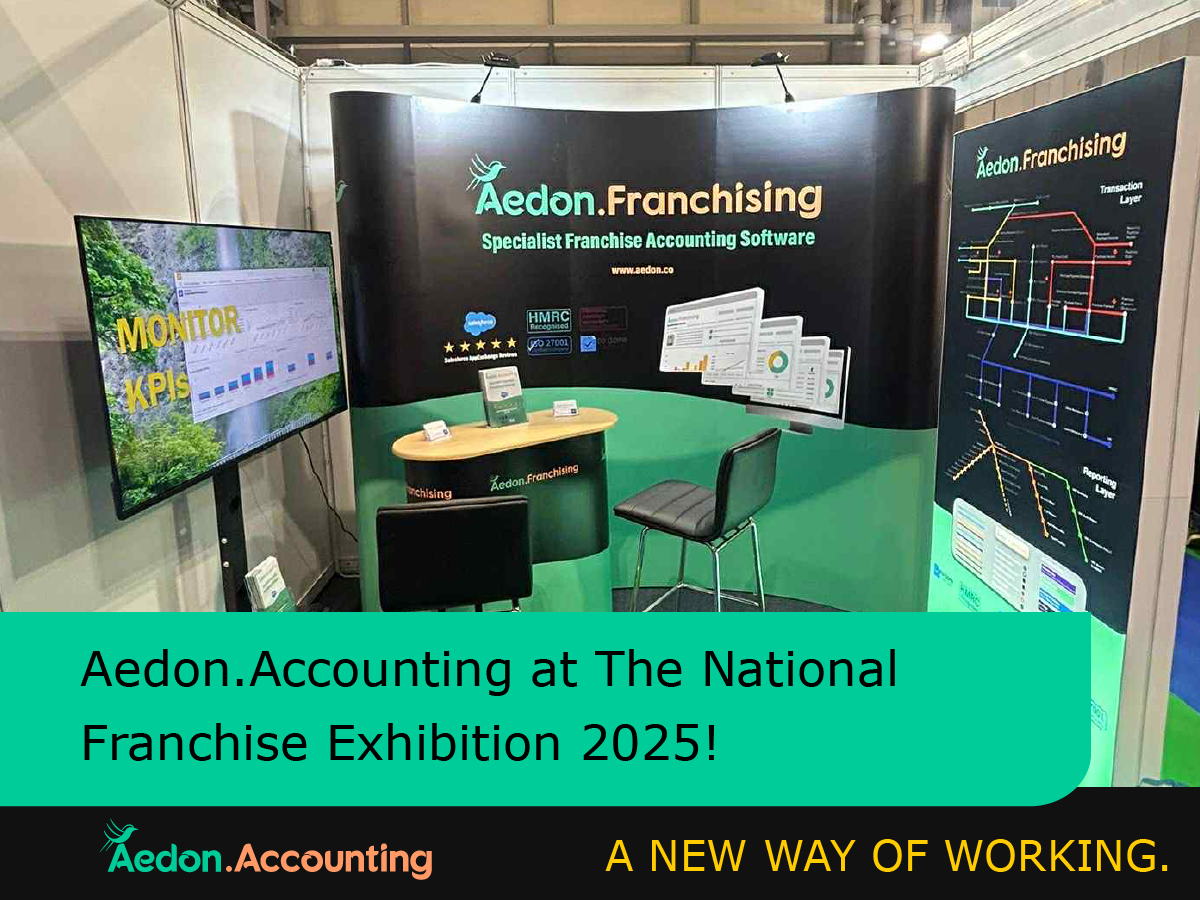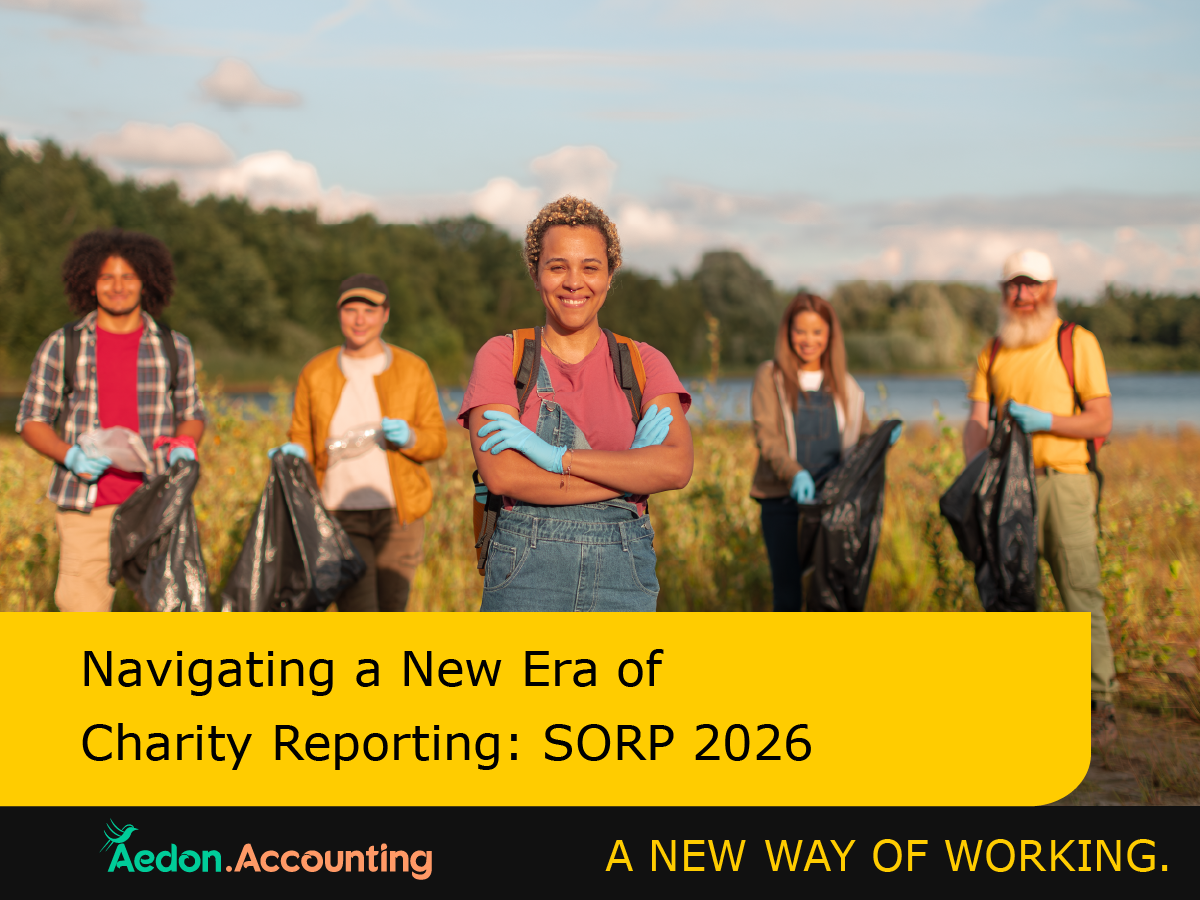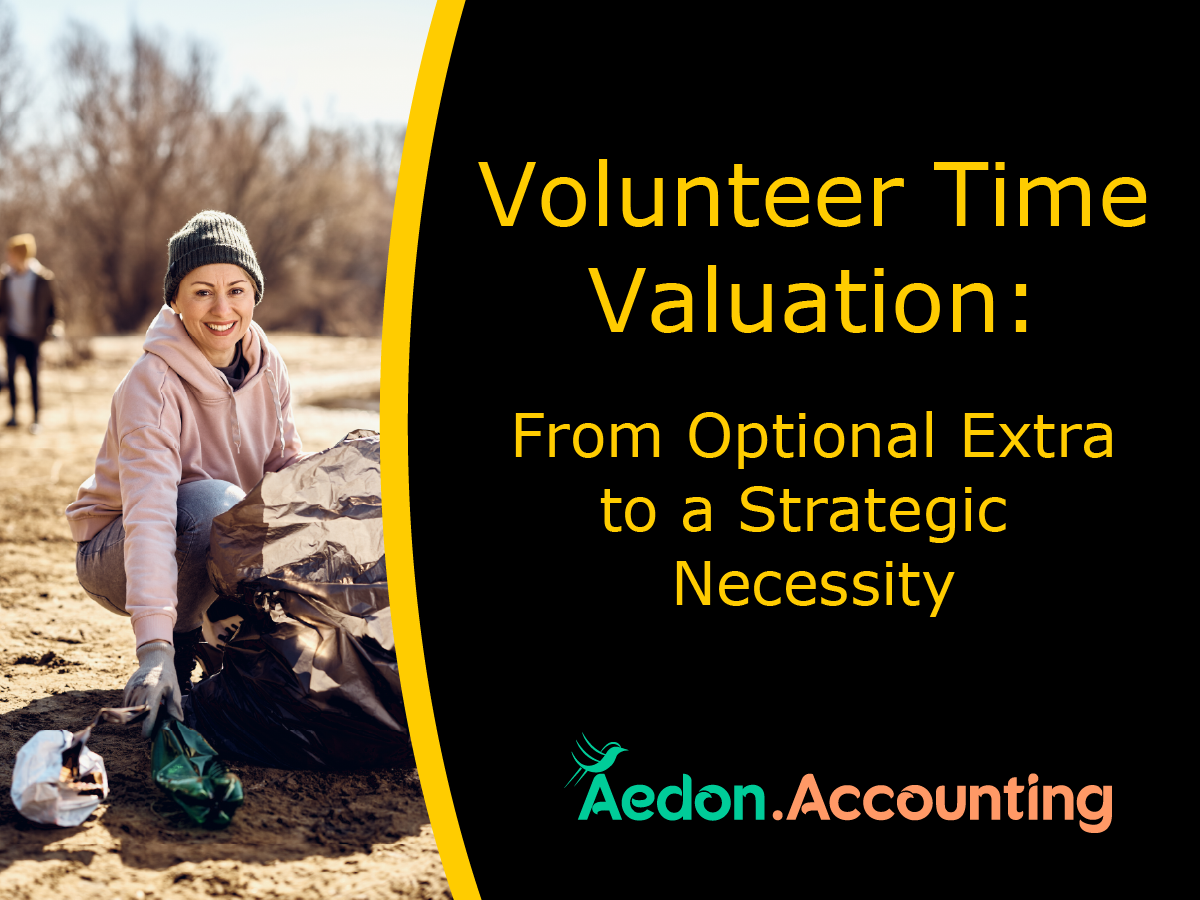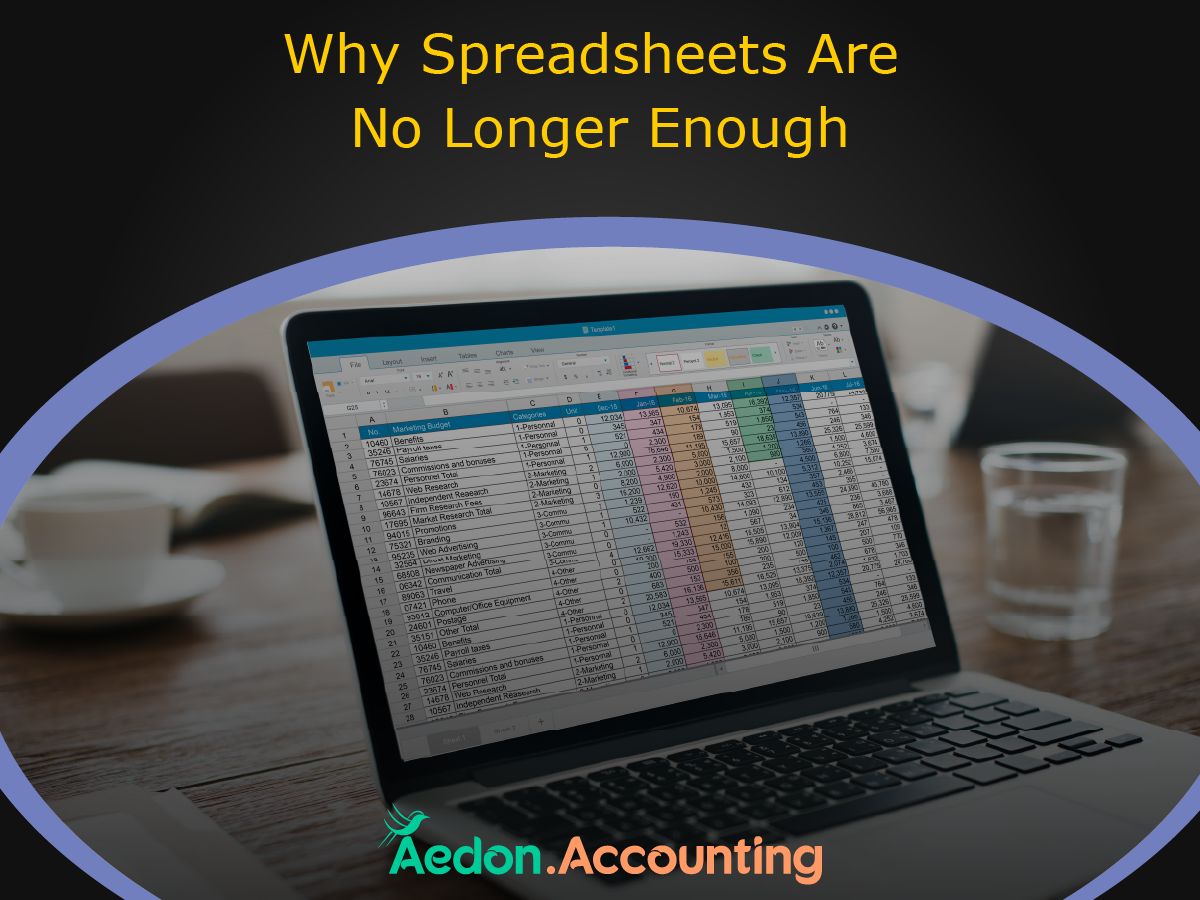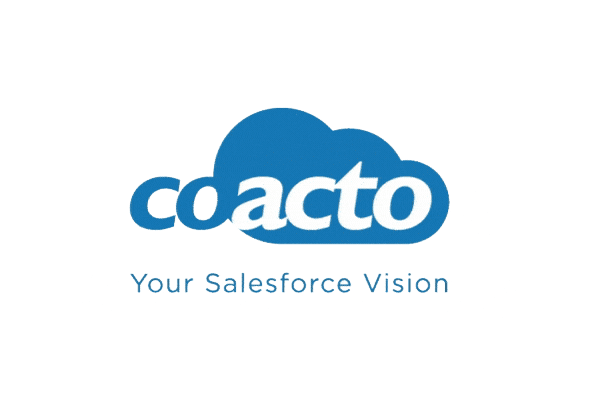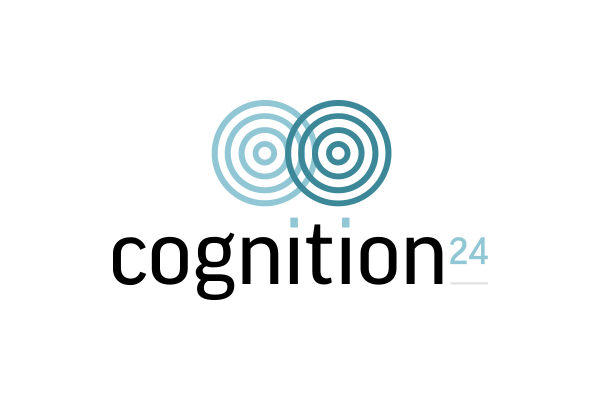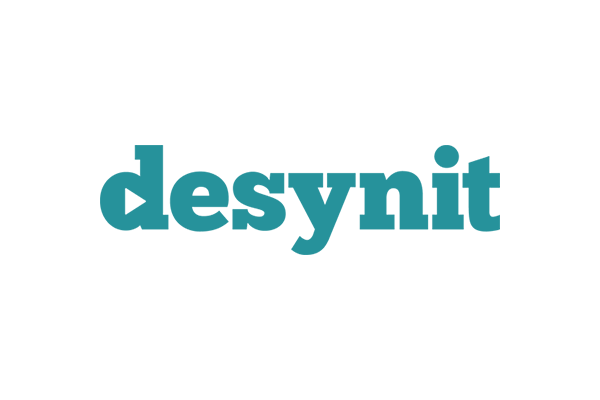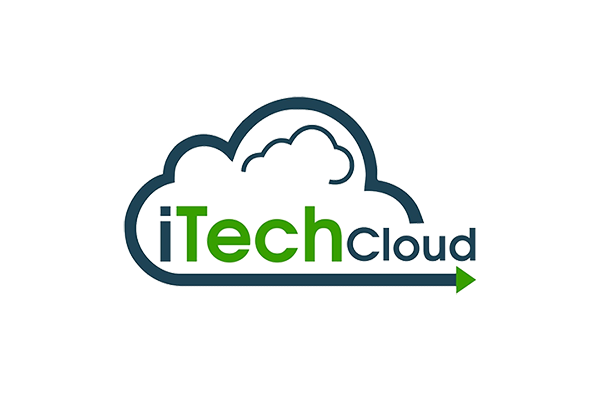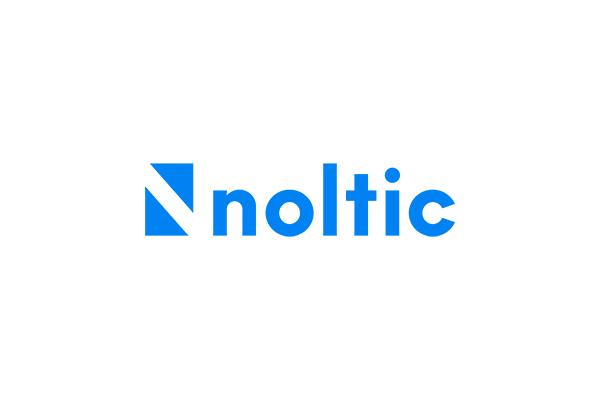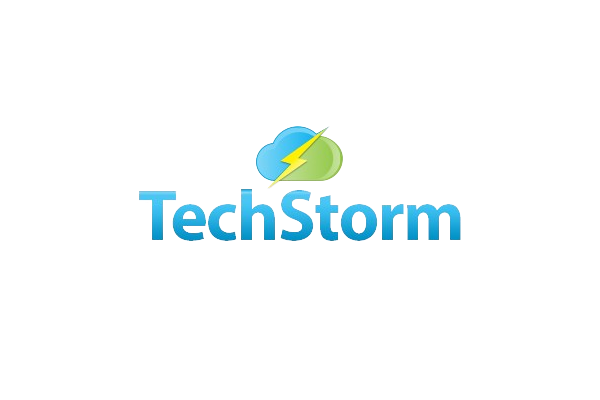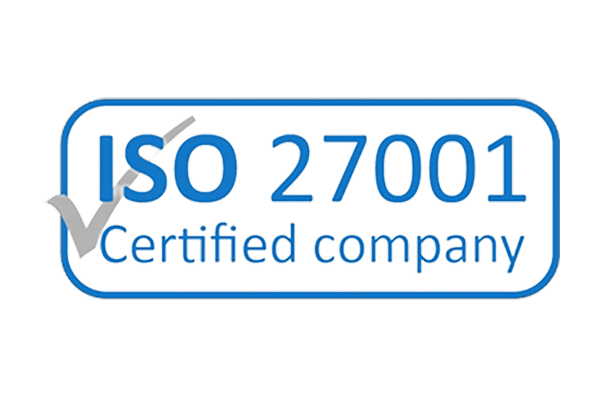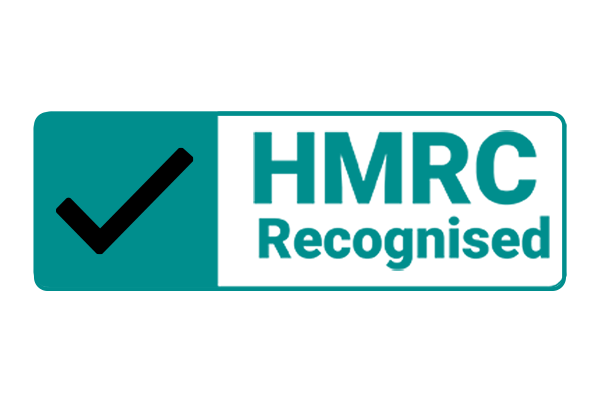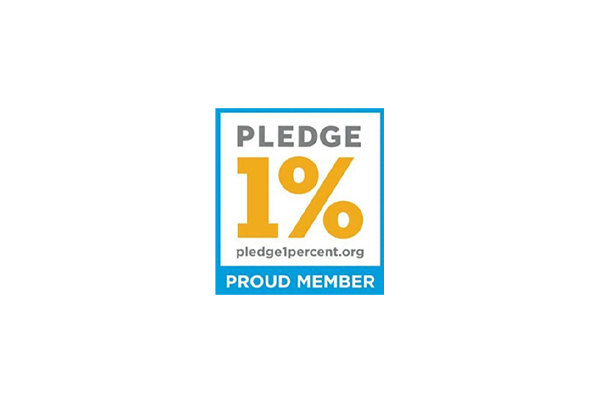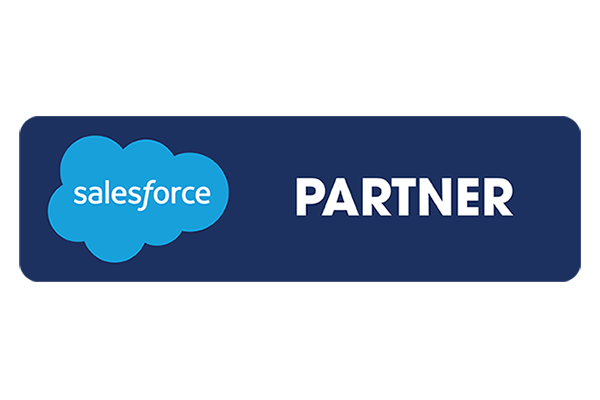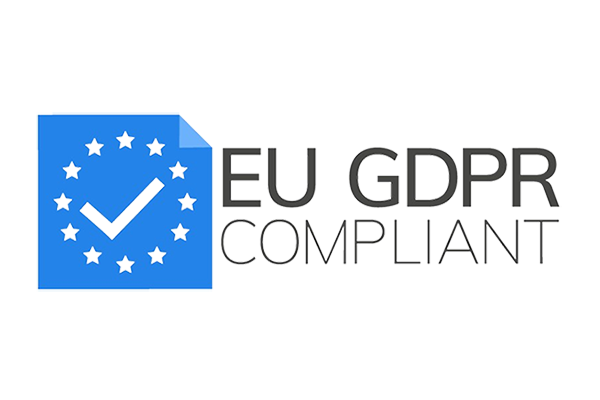Framework for ESG Implementation for Tier 3 Charities Ahead of the 2026 SORP
Published:10 July 2025
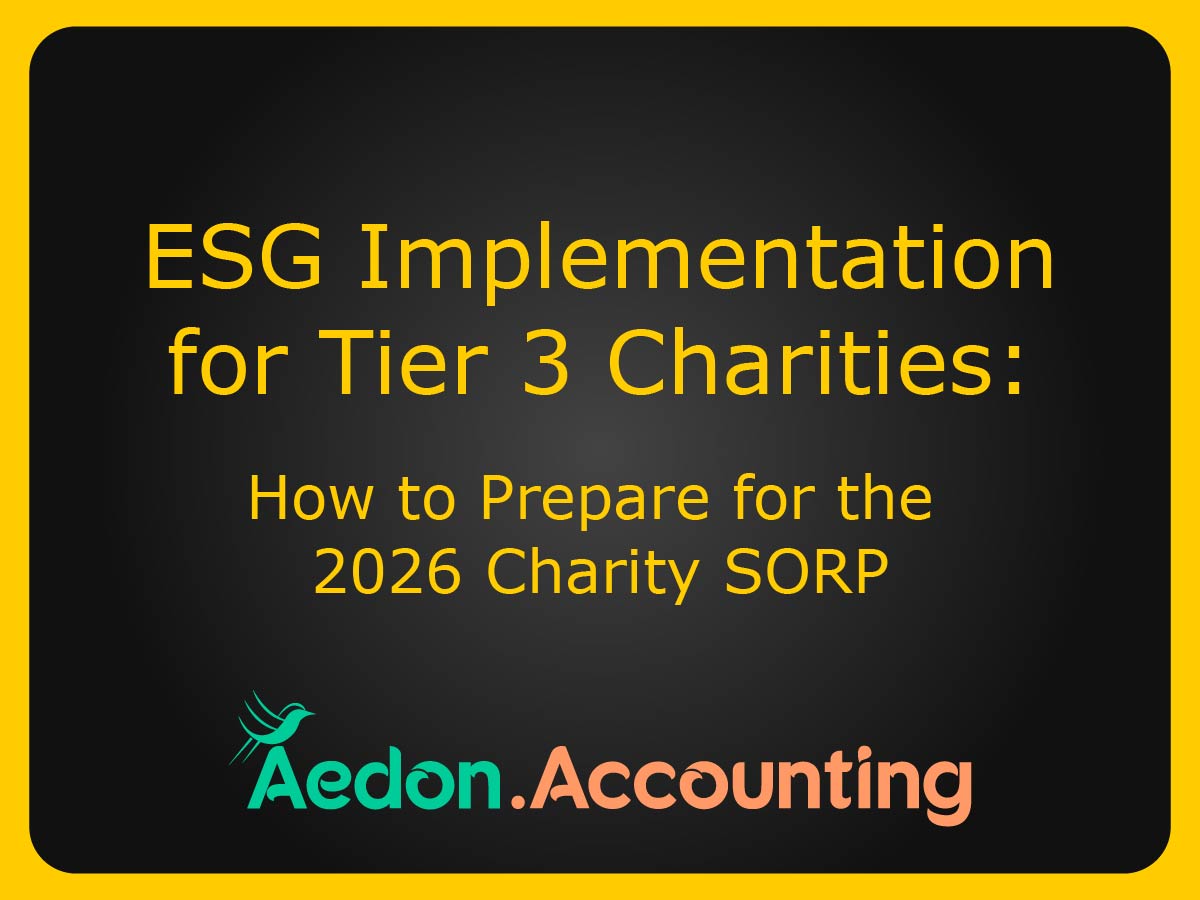
ESG, Done Practically — For Tier 3 Charities Ahead of the 2026 Charity SORP
Tier 3 charities already operate under tight budgets, lean teams and heavy reporting obligations. So when ESG — Environmental, Social and Governance — enters the conversation, the natural response is often: “That’s for bigger organisations. We’ve got real work to do.”
But here’s the truth: you’re probably doing ESG already. You just might not be calling it that.
With the 2026 Charity SORP around the corner, it’s more important than ever to get this right. ESG measures will be subject to auditing: which means if Tier 3 charities slip up, it can have huge consequences.
This article offers a clear, pillar-by-pillar breakdown of ESG — not as a new burden, but as a way to surface the good work you’re already doing and ensure it counts. Everything here is grounded in the reality of Tier 3 charities and designed to be implemented with existing resources.
Environmental
What this means for Tier 3 charities
You don’t need to be installing solar panels or publishing carbon audits to address the environmental pillar. Start with what’s within reach: reducing waste, managing energy use, making thoughtful purchasing decisions.
Common examples already happening in Tier 3 charities:
- Staff using public or shared transport
- Community gardens or green spaces
- Reduced printing and digital-first communications
- Working with local suppliers
- Environmental education through programme delivery
Proportionate actions you can take now:
- Create a basic Environmental Policy — even a one-page summary is a start
- Record your energy usage or green practices, however informally
- Appoint a green champion from your team or volunteer base
- Use free tools like Carbon Trust’s calculator for a rough carbon footprint estimate
How to make this visible:
- Add a section in your trustee report or annual report
- Log discussions or actions in meeting minutes
- Share environmentally responsible choices in grant applications
Social
What this means for Tier 3 charities
This is where you already shine. Charities are the social pillar. But the key challenge is often tracking, measuring and reporting that impact in a way that funders and regulators can understand.
You’re probably already:
- Improving wellbeing, access or education in underserved communities
- Promoting equity and inclusion (even informally)
- Providing training, volunteering or lived-experience leadership
- Building community cohesion through your programmes
Proportionate actions you can take now:
- Capture basic outcome data — even simple counts (e.g. “320 meals served”, “50 young people attended”)
- Set one or two DEI priorities, e.g. board diversity, inclusive language, accessible event.
- Log volunteer hours and roles
- Ask for testimonials or quotes — from service users, partners or volunteers
How to make this visible:
- Create a one-page “Social Impact Summary” annually
- Share stories on your website, reports or funder communications
- Use simple metrics in trustee dashboards (e.g. no. of people served, % of underrepresented users)
Governance
What this means for Tier 3 charities
You’re already required to follow good governance via the Charity Commission and Companies House. ESG simply brings a slightly broader lens: transparency, risk awareness, and long-term thinking.
In most Tier 3s, good governance already includes:
- Regular trustee meetings and minutes
- Risk registers
- Conflict of interest policies
- Basic financial oversight
Proportionate actions you can take now:
- Add ESG as a standing item on your trustee agenda (quarterly is fine)
- Use a simple dashboard to track high-level metrics: finance, risk, people, ESG
- Audit your board’s composition and skillset — identify gaps
- Record decisions and rationale for high-impact or long-term choices
How to make this visible:
- Include ESG considerations in your annual review or impact report
- Reference governance practices in grant reports or applications
- Show that trustees understand and support ESG principles
How Aedon.Accounting Can Help
At Aedon.Accounting, we design accounting software around the real challenges Tier 3 charities face — including the increasing importance of ESG. Our tools help you track project impact, build trustee dashboards, and prepare for the reporting changes coming in the 2026 Charity SORP.
Follow Aedon.Accounting for the definitive information on the SORP 2026. Read our blogs, (we have more ESG content coming in the following weeks), or visit Aedon.Charities.

